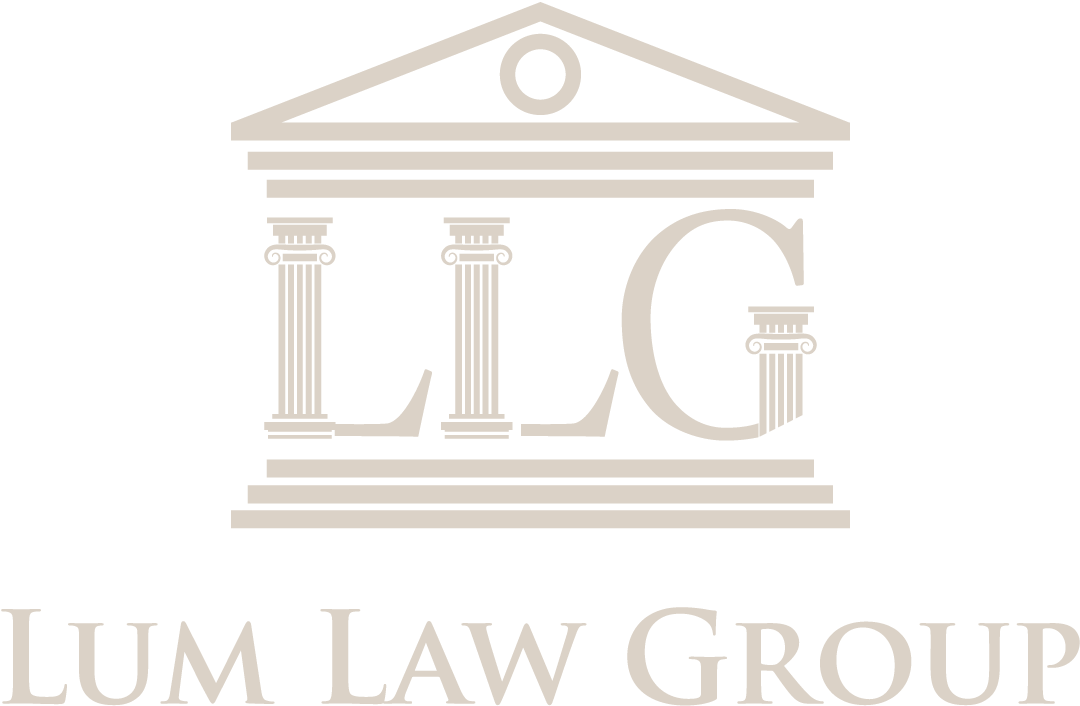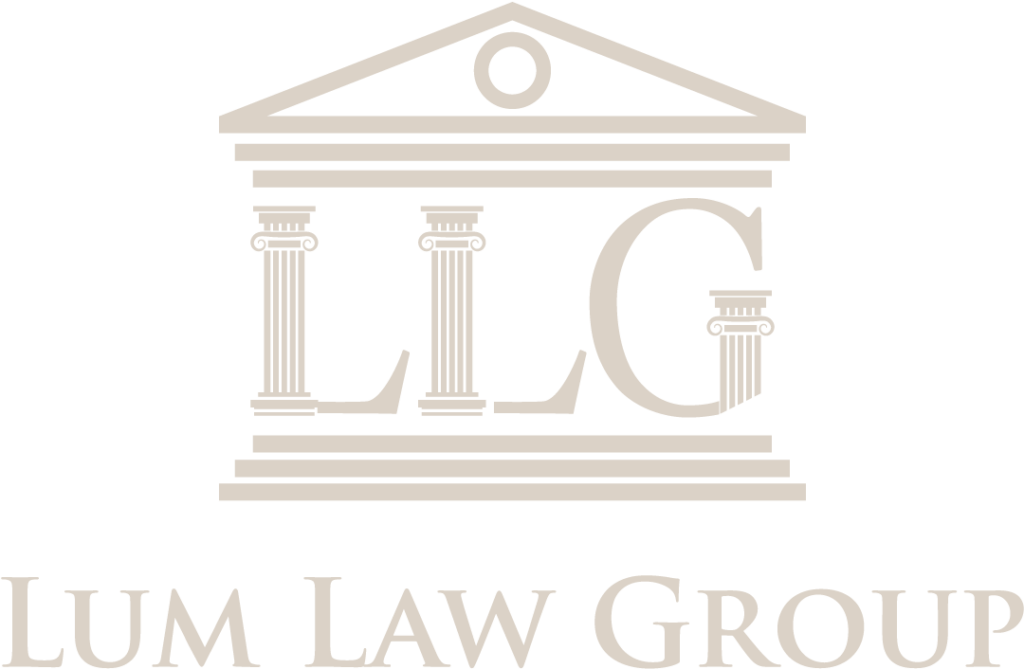On Monday, February 24, 2020, the new United States Citizenship and Immigration Services (USCIS) Public Charge rule goes into effect. While we’ve written about it in-depth before, we would like to assure our readers which services and benefits are exempt from the rule, and who the rule does not affect. This article serves to clearly summarize all the public benefits you do not need to be worried about.
Let’s start with who needn’t be worried about the a Public Charge rule:
- Asylees and Refugees
- Victims of Trafficking
- Victims of Domestic Violence
- Anyone granted relief under the Cuban Adjustment Act, the Nicaraguan and Central American Relief Act and the Haitian Refugee Immigration Fairness Act
Also, please note that the Public Charge rule applies to individuals trying to enter the U.S , adjust status, or apply for permanent residence. It does not affect your green card renewal (unless you’re absent for 6 months or longer) or citizenship application (naturalization).
Holders of U-visas, T-visas, or those who have TPS, or Special Immigrant Juvenile Status also need not worry about the public charge rule affecting their visas.
Next, let’s look at which benefits are exempt from the rule:
- State or local health plans (e.g. Medi-Cal)
- Children’s Health Insurance Program (CHIP)
- Special Supplemental Nutrition Program for Women, Infants, and Children (WIC)
- School lunch programs
- Shelters
- Food banks
In other words, the Public Charge Rule looks at the age, health and income of the incoming immigrant and checks for the following public assistance programs:
- Supplemental Nutrition Assistance Program (SNAP, EBT, Food Stamps)
- Federal Public Housing Program or Section 8 Housing
- Medicaid (except emergency services, children under 21 years of age, pregnant women, and new mothers)
- Cash Assistance Programs
Any benefit or assistance program not listed above will not be counted towards the public charge. If you’re not sure though, ask us!

